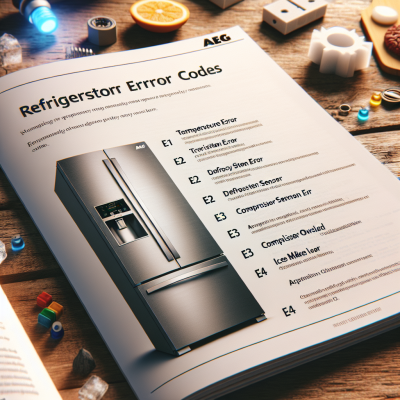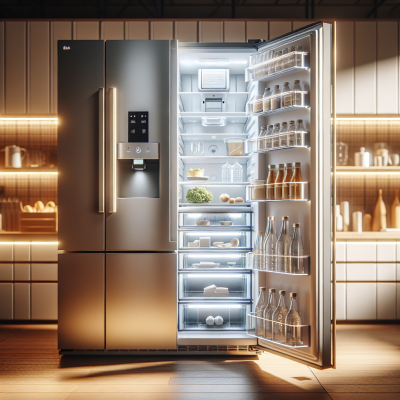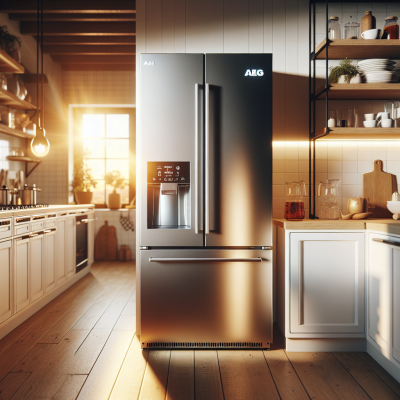Fast & Reliable Cornelius Refrigerator Repairs - Call Now! |
Troubleshooting
Refrigerator Not Cooling
When your Cornelius refrigerator is not cooling effectively, it's essential to identify the root cause promptly to prevent food spoilage.
Check the Power Supply: Ensure the refrigerator is plugged in and that the outlet is working. If necessary, test the outlet with another device.
Temperature Settings: Verify that the thermostat is set to the desired temperature, typically between 35°F and 38°F (1.6°C to 3.3°C) for the refrigerator section and 0°F (-18°C) for the freezer.
Airflow: The vents inside the refrigerator must remain unobstructed. Adequate airflow is critical for effective cooling. Ensure that food items are not blocking these vents.
Condenser Coils: Dust and debris accumulation on the condenser coils can impair cooling efficiency. Clean the coils using a vacuum or a coil cleaning brush every six months.
Door Seals: Inspect the door seals for cracks or gaps that might allow warm air to enter. Replace damaged seals to maintain cooling efficiency.
Ice Maker Issues
Ice maker problems can range from no ice production to ice with an off taste.
Water Supply Line: Check that the water supply line is securely connected and free from kinks or leaks.
Filter Maintenance: Replace the water filter regularly, typically every six months, to ensure clean and adequately flavored ice.
Ice Bin Position: Ensure the ice bin is correctly positioned. Misplacement can sometimes hinder ice production or dispensing.
Reset Procedure: Consult the user manual for specific reset instructions if the ice maker is not functioning. A reset can often resolve minor glitches.
Water Leaks
Water leaks can occur inside or outside your refrigerator.
Drainage System: A clogged defrost drain is a common cause. Clean the drain using a solution of warm water and mild detergent to clear any blockages.
Water Filter Installation: Properly secure the water filter to prevent leaks. Ensure it's compatible with the Cornelius model.
Inspect External Water Lines: Check for loose connections or cracked hoses in external water lines leading to the refrigerator.
Unusual Noises
Occasional noises are normal, but persistent or loud sounds may indicate a problem.
Leveling: Ensure the refrigerator is level. Uneven surfaces can cause vibrations and noise. Adjust the leveling feet as needed.
Compressor or Fan: A malfunctioning compressor or evaporator fan can produce unusual noises. If such noises persist, it may require professional attention.
Digital Display Malfunctions
Problems with the digital display can range from flickering screens to complete failure.
Reset the Display: Perform a soft reset by unplugging the refrigerator for a few minutes before plugging it back in.
Check for Updates: Ensure any available firmware updates are installed, as these can resolve display issues.
Consult the Manual: Refer to the user manual for specific troubleshooting steps related to the digital display. If issues persist, contact customer support or a professional technician.
Ensure these steps are followed sequentially to maintain your refrigerator's optimal performance and resolve most troubleshooting issues effectively.




